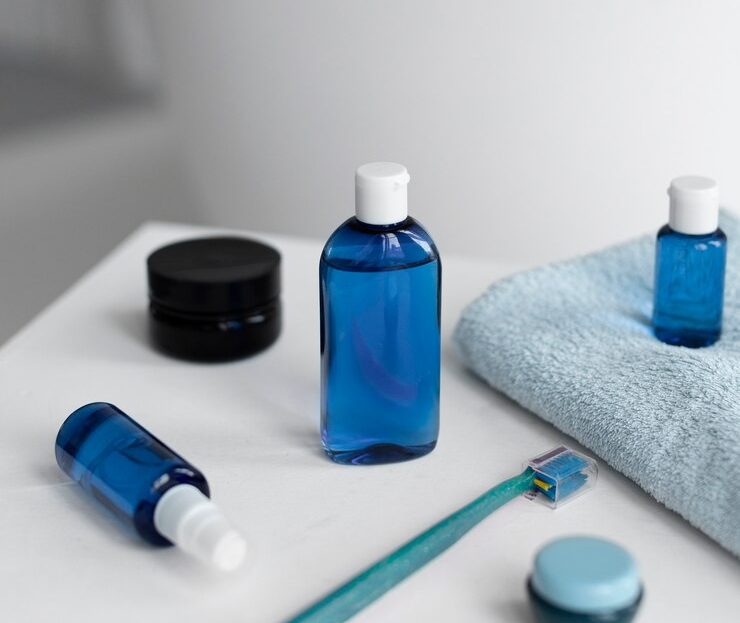Maintaining good oral health and hygiene is essential to prevent various dental issues such as plaque, stains, and bad breath. One effective method is gargling with a licensed mouthwash. Mouthwashes that have been licensed or certified by health authorities typically contain active ingredients that help kill bacteria causing bad breath and plaque. Gargling with mouthwash after brushing teeth also reaches areas that are difficult for a toothbrush to access, providing additional protection against bacterial buildup and helping to maintain fresher breath for longer.
In addition, it is important to avoid excessive consumption of foods and drinks that can stain teeth, such as coffee, tea, red wine, and other strongly colored foods like berries and tomato sauce. The natural and chemical dyes in these foods tend to stick to the enamel layer of the teeth, causing discoloration and stains that are difficult to remove if not cleaned immediately. Reducing the frequency of consuming these foods and drinks, as well as using a straw when drinking colored beverages, can help reduce the risk of discoloration.
Regularly brushing teeth after consuming highly pigmented foods or drinks is also a good habit to develop. Brushing right after eating helps remove food particles and prevents colorants from adhering to the surface of the teeth for too long. For better results, use toothpaste containing fluoride, which can help strengthen tooth enamel and protect against acid damage. However, it is recommended to wait about 30 minutes before brushing if you’ve consumed highly acidic food or drink, as brushing too soon may accelerate the erosion of weakened enamel due to acid exposure.
By combining the habit of gargling with licensed mouthwash, avoiding staining foods, and regularly brushing after meals, we can maintain optimal oral health. These simple steps not only help preserve the natural whiteness of teeth but also provide protection against various long-term oral health issues. This supports the Sustainable Development Goals (SDGs), particularly SDG Goal 3 (Good Health and Well-being) and Goal 12 (Responsible Consumption and Production).
Author: Rizky B. Hendrawan | Photo: Freepik

